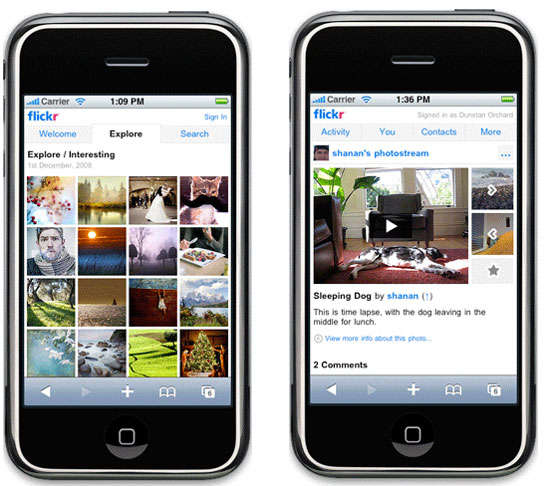New techniques to collect information for disaster management
Two women are checking their cell phones while they are peddling on a bridge over the Artibonit River, an area where water is believed to be the source of cholera outbreaks in 2010 in Haiti.
The people of Haiti experienced a year of uncertainty in 2010. The beginning was an intense earthquake that killed more than 300,000 people, most of whom were residents living in the capital, Port-au-Prince, Haiti. Next was a pandemic of cholera outbreaks in a northern province of Haiti, in a refugee camp controlled by the United Nations and eventually spread to Port-au-Prince.
The group of researchers led by Linus Bengtsson working at the Karolinska Institute in Sweden has learned a useful lesson from this tragedy: mobile phones can effectively prevent an ongoing epidemic. and is an effective communication channel for the poor in areas where natural disasters and epidemics occur.
Shortly after the earthquake, Linus Bengtsson, working at the Swedish Karolinska Institute, established a group of researchers to provide the necessary support through the use of mobile phone systems in Haiti. "When people start moving around, this is an action that people often do after experiencing a natural disaster, which makes it difficult to pinpoint the exact area of help." , follow Bengtsson.

About one third of Haiti's population has mobile phones. So Bengtsson and colleagues partnered with cell phone company Digicell to track calls from subscribers of SIM cards in the phone.
Although, the owner of these phone subscribers is still anonymous, but the location of the calls has shown that about 600,000 people have left Port-au-Prince Haiti, within three weeks after earthquake occurred. It is this information that eases the pressure of stress on the support groups in the city, but not in the long run. Soon after, maps showing phone calls showed that most of these refugees returned to the capital because in rural areas there was not enough food.
Thanks to the experience of tracking people's movements through mobile phone calls after this earthquake (as a proof of the principle of effective action in disaster relief operations), the group The researcher has really achieved positive results when applying the tracking system in order to prevent the spread of cholera epidemic later.
The results of this study were published in PLoS Medicine.
Richard Garfield from Columbia University, USA and a member of the research team revealed: "They watched people leave the center of this pandemic, near the city of St. Marc. And notify Health workers moved to areas where people were infected, this work was really effective , " Garfield said.
"Thanks to the tracking of these phone calls, most residents in risk areas have been moved out of cholera outbreak areas , " Garfield said.
In parallel with advising health workers about the areas where the disease will spread, the team of researchers also sent medical advice to Haitian people through documents. or voicemail about things like: should wash your hands often, give sick people rehydration and continue to give infected babies breast milk.
Researchers in infectious diseases say tracking techniques can be applied through these mobile phone calls to prevent the spread of pathogens in other pandemics. "I think this technique is really useful," said Andrew Tatem, who studies malaria at the University of Florida, USA . "I think that through the use of this technique, we are gradually forming a new concept in the future of gathering information for disaster management."
- Disaster management, the need to learn
- Disaster management for the Lower Mekong countries
- Establish a disaster management system in Asia
- Lemongrass planting techniques are convenient for every home
- Five hot spots of the future IT industry
- Publicizing the quality management of PTs on the network
- Submarine K-27 - Soviet
- Application of information technology in hospital management
- Alert Map - Real-time disaster warning
- IT leaders: created or born?
- World Bank called on East Asia and Pacific to invest in disaster mitigation
- CA Brightstor r11.5 launched Vietnam market
 'Barefoot engineer' invents a pipeless pump
'Barefoot engineer' invents a pipeless pump Process of handling dead pigs due to disease
Process of handling dead pigs due to disease Radiometer
Radiometer Warp Engine: Technology brings us closer to the speed of light
Warp Engine: Technology brings us closer to the speed of light